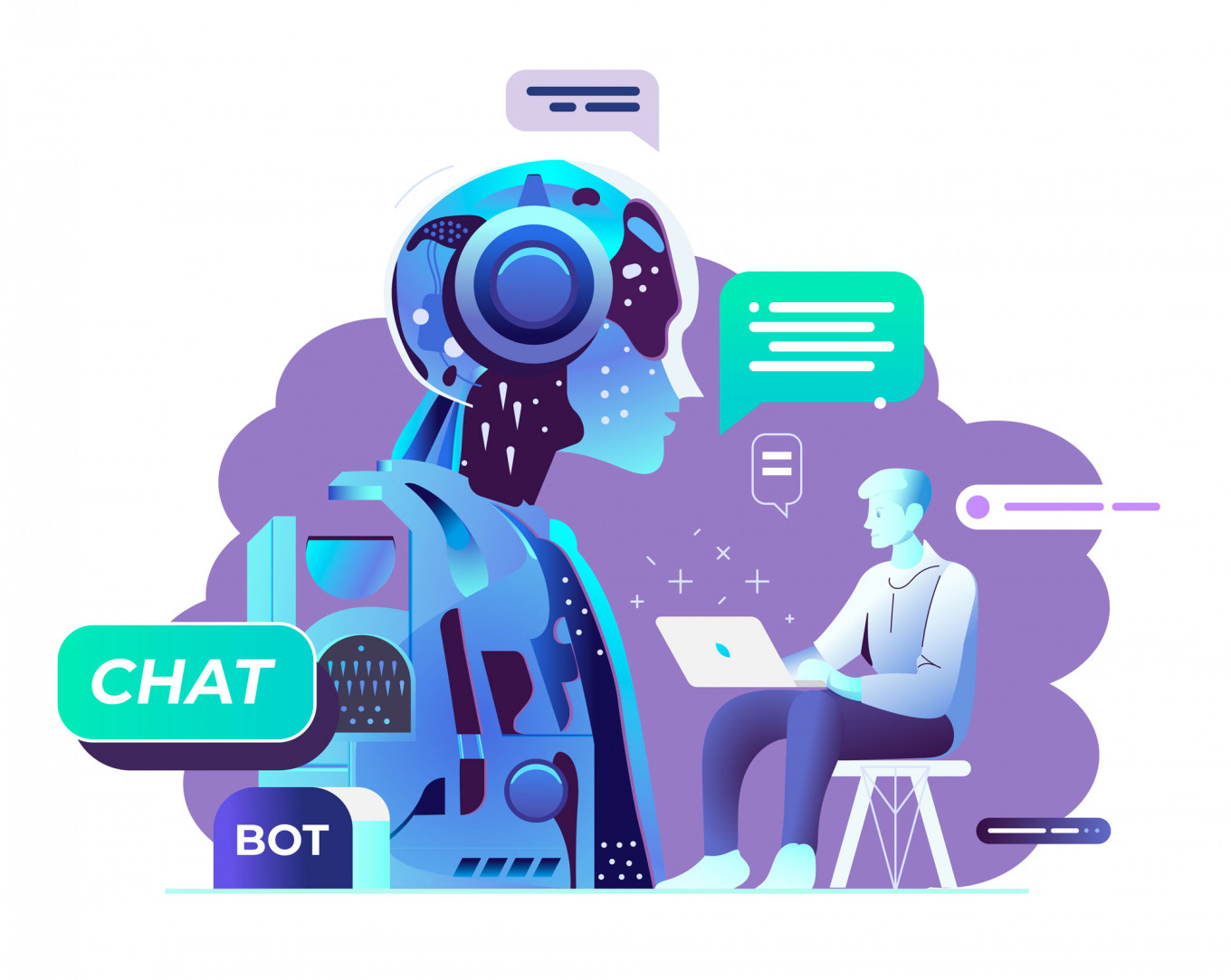Popular Reads
Top Results
Can't find what you're looking for?
View all search resultsPopular Reads
Top Results
Can't find what you're looking for?
View all search resultsResponsible AI serves as the foundation for economic acceleration
By accelerating the use of Gen AI, Indonesia has a golden opportunity to leapfrog in economic development, as other countries are also working to harness it for their benefit.
Change text size
Gift Premium Articles
to Anyone
O
n Dec. 22, 2023, the Communications and Information Ministry published a circular letter on ethical artificial intelligence (AI), a guide for the private sector and the government in utilizing AI technology in a responsible way. This initiative is a commendable step in the journey of AI governance, paving the way for the acceleration of an inclusive digital economy in Indonesia.
According to a study by Kearney, the use of AI technology has the potential to contribute nearly US$1 trillion to Southeast Asia’s gross domestic product (GDP) by 2030. Indonesia is projected to contribute $366 billion of this amount. A 2023 study conducted by Access Partnership and ELSAM later also estimates that Generative AI (Gen AI) could potentially unlock a productive capacity of $243.5 billion in Indonesia, equivalent to nearly one-fifth of GDP in 2022.
Given this significant value and potential, Indonesia is poised to become an AI economic powerhouse within ASEAN. Therefore, it is crucial for the government and corporations to collaborate on this journey toward inclusive economic growth. Gen AI, with its ability to unleash creativity, accelerate discovery and enhance efficiency, is a game-changer for economic and social transformation.
These capabilities of Gen AI are achievable because it introduces two critical factors: natural language interfaces and reasoning engines. The natural language interface enables us to interact with computers using everyday language. Meanwhile, reasoning engines can capture, process and derive insights from a variety of rapidly growing data sources. This is not merely about automation, but about enabling smarter, faster decision-making and uncovering hidden opportunities.
Read also: From telehealth to genomics: Modernizing health care in IndonesiaThere are three main contributors to any AI application: the algorithm, the data that feeds the algorithm and the scientists who train and fine-tune the algorithm. To ensure the accuracy of its answers or recommendations, AI requires increasing amounts of data. The quality, accuracy and completeness of this data directly impact the effectiveness of an algorithm. The role of scientists is to select the data and apply rules to determine the appropriate algorithms.
The question now is, how do we manage potential for any discrimination caused by biases in training the AI technology? Powerful new technologies, such as AI, give us grounds for optimism, given their many potential benefits when they are developed and deployed responsibly. At the same time, we should not ignore their potential pitfalls.
Therefore, governing the process with a responsible AI approach at every stage is crucial. This aims to harness AI’s immense potential to address life’s challenges and stimulate economic growth. It also seeks to inspire solutions in various sectors including health, finance, government and industry, and bolster cybersecurity defenses.



















